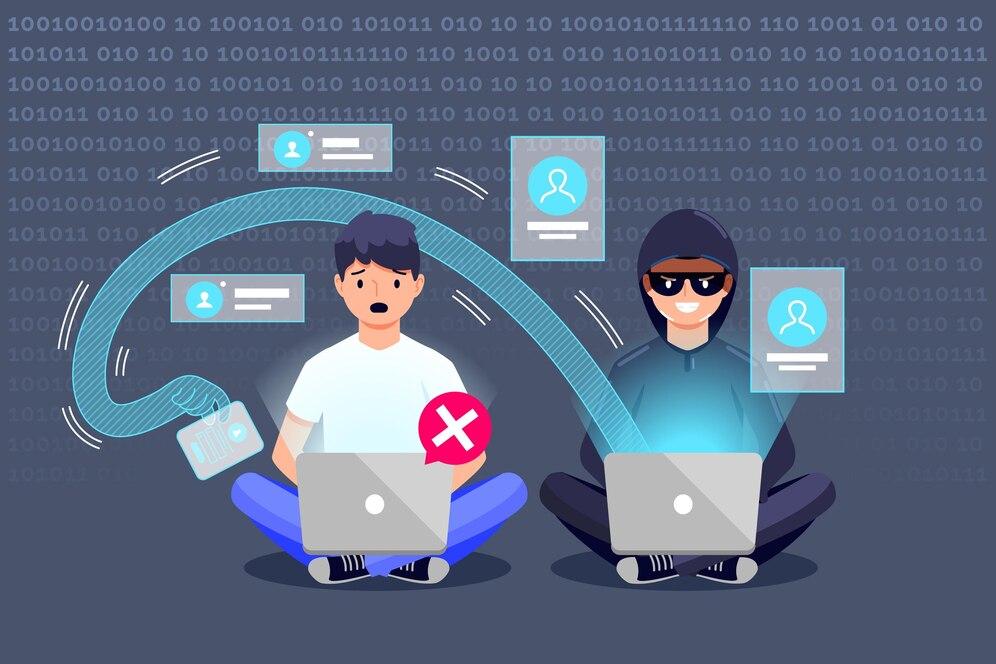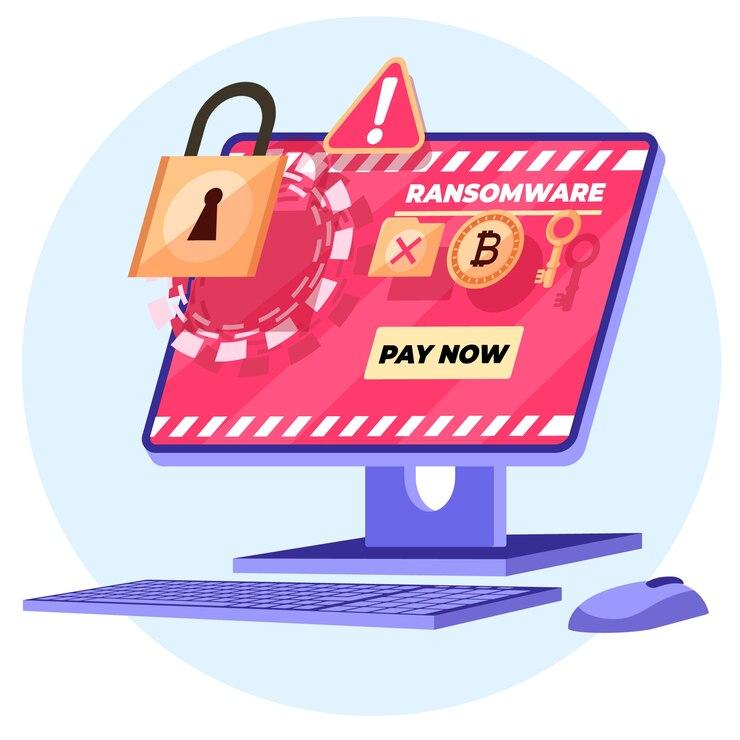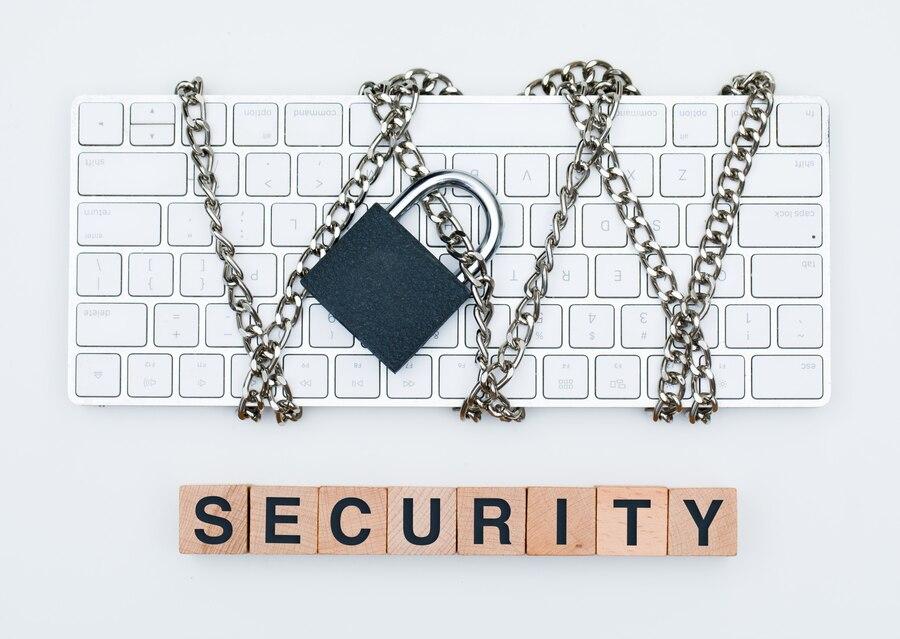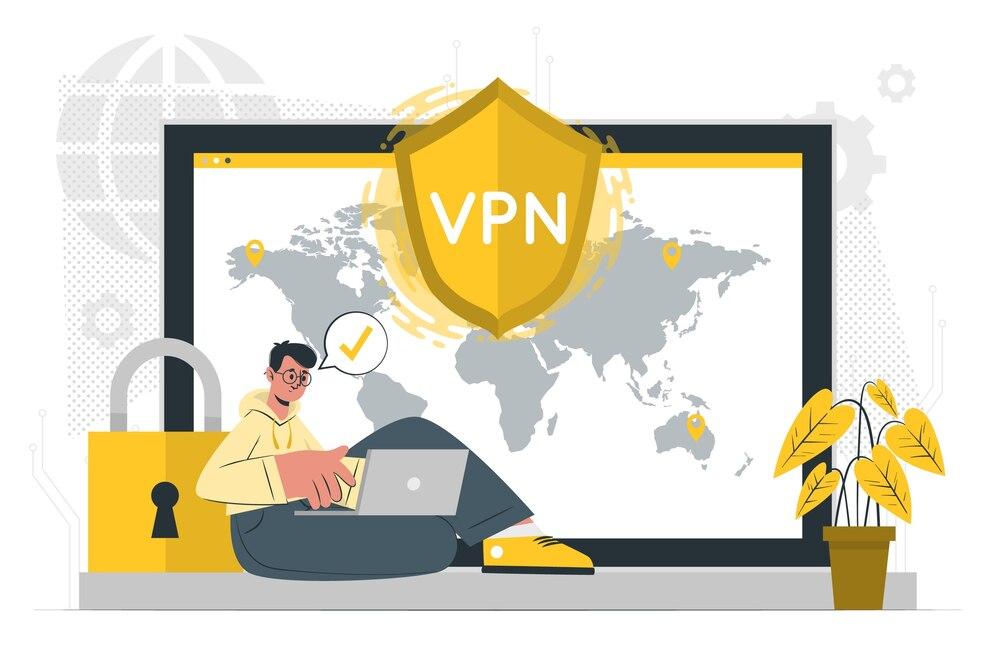In the modern world, where cybersecurity is becoming increasingly relevant, the ability to hide one's location and activity on the internet attracts the attention of not only users striving for anonymity but also criminals. VPN (Virtual Private Network) and anonymous networks such as Tor have become the main tools for scammers, allowing them to hide their actions from law enforcement and other security systems.
Understanding VPNs and Anonymous Networks
A Virtual Private Network (VPN) is a technology that encrypts internet traffic and routes it through a remote server. The user receives an IP address that is different from their real one, making it difficult to track their activity. VPN has become popular among those who want to ensure their own security and privacy on the internet. However, alongside law-abiding users, VPN fraud is also widely used.
Anonymous Networks and Their Features
Anonymous networks, such as Tor, offer users an even higher level of anonymity. Tor works by routing data through multiple nodes before sending it to the target address. This makes it almost impossible to track the user's original IP address. Although Tor was created to protect users' rights, it has also become known as a place where illegal deals and criminal activities occur.

How Fraudsters Use VPNs to Cover Their Tracks
Hiding Location and Activity
The main reason fraudsters prefer using VPNs is the ability to hide their real location. This is especially important for those involved in financial fraud, such as using stolen payment card data. VPN allows them to perform transactions without fear of being identified.
Similarly, criminals use VPNs to access stolen data stored on servers in other countries. By hiding their location, fraudsters minimize the risk of arrest and prosecution.
Creating Fake Accounts
Fraudsters often create numerous fake accounts on various platforms—from social networks to online stores. Using VPNs allows them to create accounts without the risk of linking them to their real location. This makes their schemes more effective and difficult for law enforcement to follow.
Thus, fake profiles become tools for various fraudulent schemes, ranging from phishing to selling nonexistent goods and services.

Anonymous Networks and Crime
The Darknet is a part of the internet that is not indexed by traditional search engines. It is usually associated with illegal activities—selling drugs, weapons, and stolen data. To access the Darknet, one must use anonymous networks such as Tor, which allows criminals to act with impunity.
Fraudsters often use the Darknet to exchange information on crime methods and to sell tools and services needed for cybercrimes. On specialized forums, criminals share experiences and schemes, making the Darknet and VPNs a breeding ground for criminal ideas.
Fraudsters in the Darknet
Among the wide range of criminal activities in the Darknet, particularly dangerous schemes stand out. For example, there are numerous platforms for selling stolen data—credit cards, logins, and passwords. This way, fraudsters can easily exploit information without worrying about security.
Moreover, cryptocurrencies are often used for transactions in the Darknet, which further complicates the tracking of transactions. This creates an ideal environment for cybercriminals who act with disregard for the consequences of their actions.

Fake VPNs and VPN Fraud Schemes
In recent years, many fake VPN services have appeared on the market. These applications offer users promises of security and anonymity but may actually collect user data and sell it to third parties. The main goal of such services is to gain access to personal data, including passwords and financial information.
Fraudsters use fake VPNs to create an illusion of security, making users feel protected while their data is actually at risk.
VPN Fraud Schemes
One common scheme is to offer to make money by using fake VPNs. Criminals create websites promising users income in exchange for using their service, but in practice, these schemes only lead to financial loss.
Other schemes may involve traffic manipulation or attacks on users who trust the appearance of a "secure" connection. Often such crimes go unnoticed because most users believe their internet connections are protected.

The use of VPNs and anonymous networks has become convenient for millions of users, but nevertheless, it opens new opportunities for fraudsters. Under the mask of anonymity, cybercriminals use these technologies to commit various illegal acts. That is why it is extremely important to be cautious and informed about the risks associated with the use of such tools.
The general main recommendation for users is to monitor their legal environment and always be aware of the risks that can be encountered in the digital world. By using anonymity wisely, we can protect ourselves from cyber threats while maintaining confidentiality.


